A trio of short reviews first posted on my Instagram.
Şebnem İşigüzel , The Girl in the Tree (2016)
Translated from the Turkish by Mark David Wyers (2020)
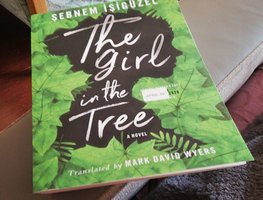
The narrator of this novel is about to turn 18 when she decides she’s had enough. She climbs the tallest tree in an Istanbul park, and determines to stay there. The text we read is her account of her past, present and future.
It’s the voice that strikes me most of all: a smart, articulate voice that loops back and forth between stories, able to command a world within the tree even as she’s trying to make sense of the world below. The girl’s reasons for wanting to escape her life gradually become clear, encompassing events in her family and broader violence. This is a poignant, engaging and ultimately hopeful book.
Published by AmazonCrossing.
Dorthe Nors, Wild Swims (2018)
Translated from the Danish by Misha Hoekstra (2020)
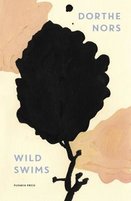
I knew from reading Dorthe Nors’ previous collection, Karate Chop, that her stories tended towards character studies with a dark streak. So, when I saw there was a story called ‘Hygge’ in this new collection, I suspected that it wouldn’t be as cosy or convivial as the title suggested.
‘Hygge’ is narrated by a retired professor who views himself as something of a silver fox. He treats the attention of the ladies at the senior club with an air of bored amusement. At the moment he’s with Lilly, they’ve just had an argument, and she would like that to be put behind them. The narrator is reminded of his old Aunt Clara and his students in the 1970s – for different reasons, neither of them good. The ending is truly chilling.
Elsewhere in Wild Swims, we find ‘The Fairground’, in which a woman compares the idealised version of love she imagined in childhood with the disappointing reality she has experienced as an adult, with an abandoned fairground serving as a metaphor for the difference. The protagonist of ‘On Narrow Paved Paths’ keeps herself busy helping out a terminally ill friend, but there’s a sense that she is also propping herself up. In ‘By Syndvest Station’, two friends collecting for charity encounter an old woman in deep poverty and distress – one is shaken, but the other has something else on her mind. It’s another fine collection of stories from Nors.
Published by Pushkin Press.
Lesley Glaister, Blasted Things (2020)
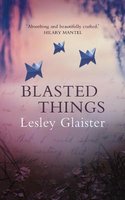
Every novel of Lesley Glaister’s that I’ve read – this is the third – has been atmospheric, Blasted Things perhaps most of all.
In 1917, Clementine is a nurse on the Western Front. She is about to elope with Powell, a Canadian medic, when he is blown up. Clem is reluctantly forced to return to life with Dennis (a doctor who stayed behind to treat people in the UK), which is where we find her again in 1920.
A chance encounter leads Clem to meet Vincent, whose face was partially destroyed in war. He reminds her of Powell, and she falls for his well-spoken charm. But Vincent is really a grifter, who’s out to see what he can get from Clem.
There’s some really effective writing in Blasted Things such as when Glaister breaks up her usual style to convey the disorientation of wartime. I also found it a gripping story – you just sense that the tale of Clem and Vincent will not end well, but exactly how it plays out is another matter.
Published by Sandstone Press.
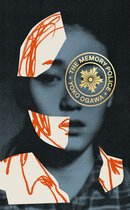
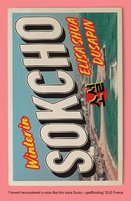
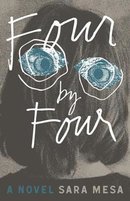
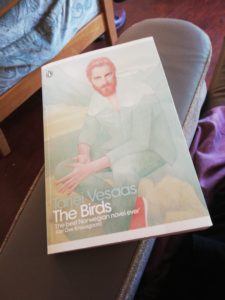
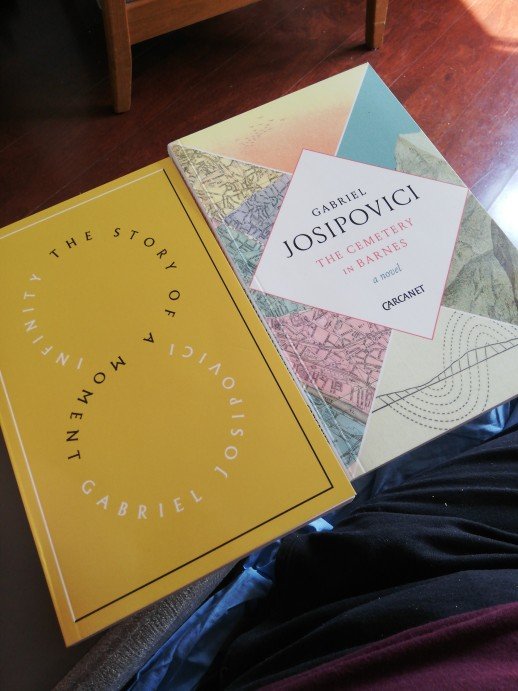
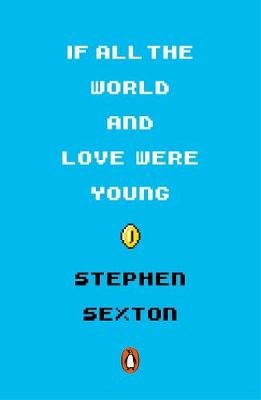
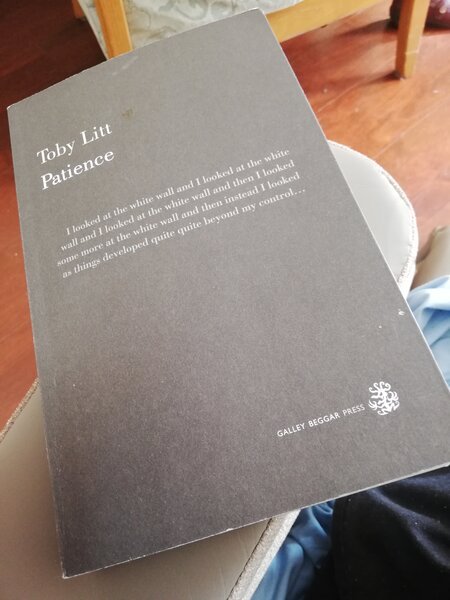
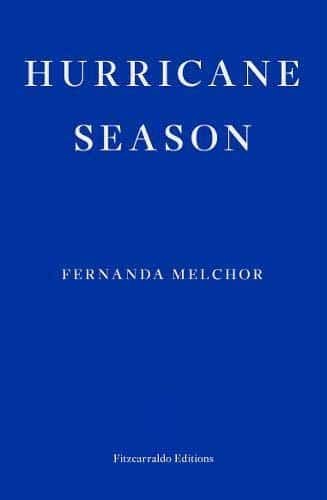
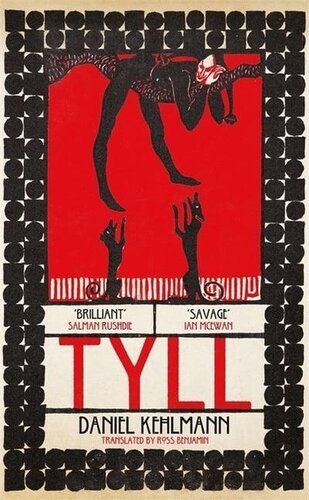
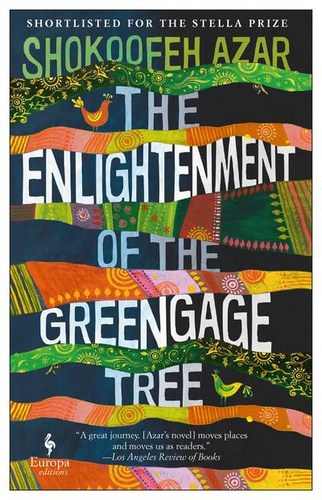
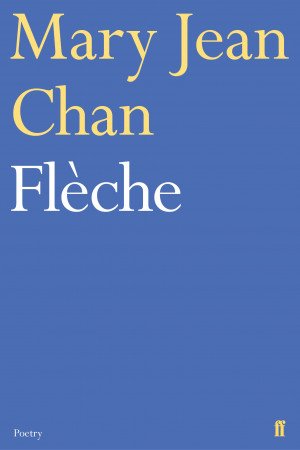
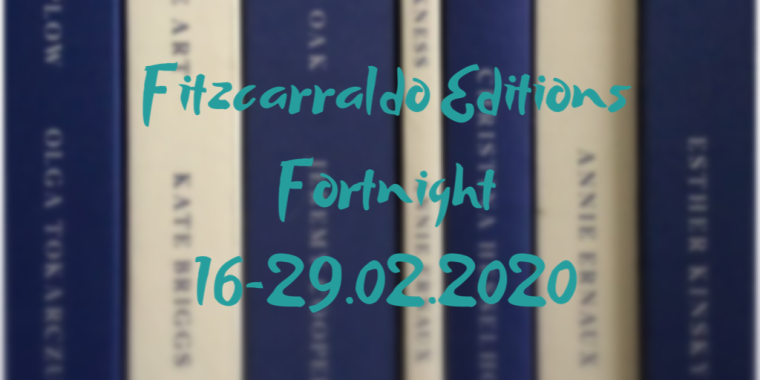
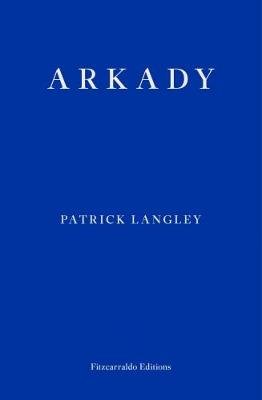
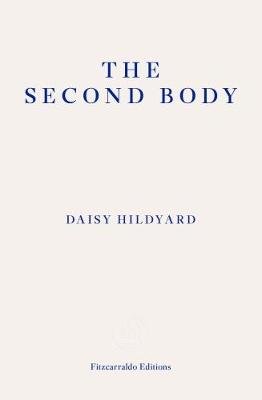
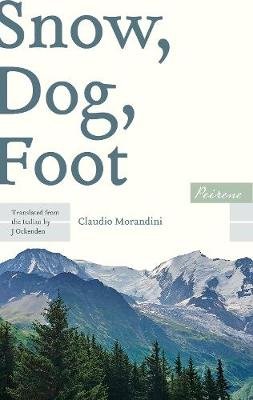
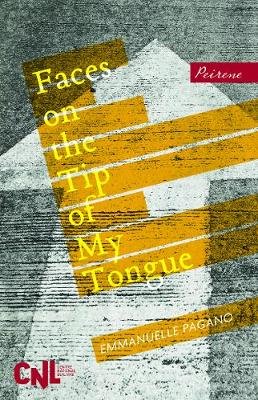
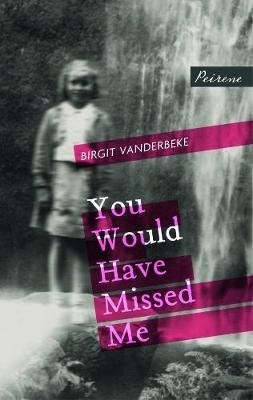
Recent Comments